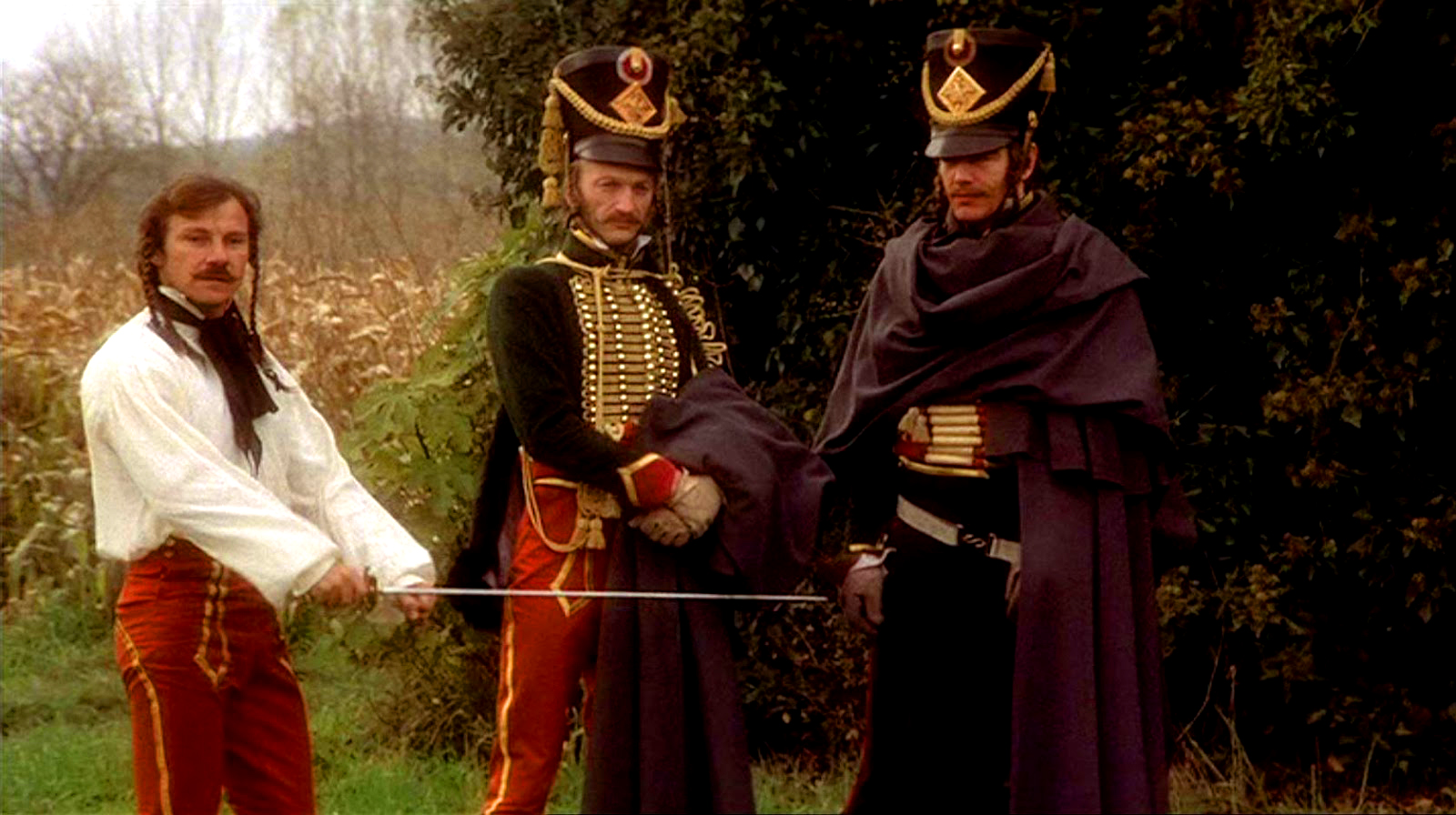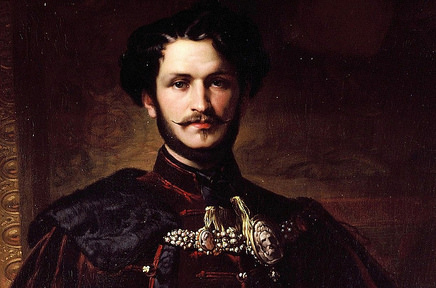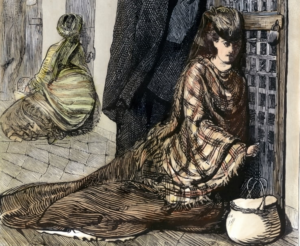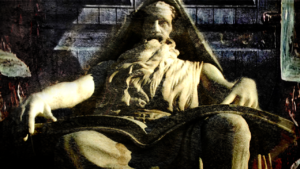Towards An Aristocratic Culture

It is not necessary to live, But to carve our names beyond that point. This is necessary. – Gabriele D’Annunzio

An aristocratic culture is something we require by necessity. It is not a superfluous artifact of defunct ‘political’ ideas, or an easily discarded construct to be disseminated by envy. It is an essential and naturally-occurring strata of human formation, which occurs in all natural pyramid systems, and all pyramid systems are natural. To summarise: it is the organically-evolving manifestation of the highest cultural aspirations of an ethnography. Though the aristocrats may sometimes fail, or be weak, or fall prey to vice, or cruelty, or narcissism – it is necessary that the veneration of the class allows for some of this, and expects it, as a certain degree is the natural byproduct of the ego required to lead, and make absolute sweeping decisions, without timidity.
There is no such thing as a system will does not have such elites, and when they are hidden from us, as they are today (under the illusions of democracy) they are not beholden to this aristocratic culture, and indeed have no responsibility to anyone, or to any higher principle whatsoever, apart from amassing wealth and keeping power. Nobody can see them, nobody counsels them, they have no standards, no specific culture, and no honour. Conversely, the true aristocrat lives with the intense obligation and commitment of the ancient role of the sacrificial king. The land and the king are one.
A true aristocrat must train himself in emulation of the eagle. He must attain that natural apex regality, the absolute surety of possessing a terrible power, concerned chiefly with cultivation of honour, and seeing that its rules are observed under threat, and understood by all as a writ of nature. He should be utterly beyond daily concerns which busy other stations, freeing his time for idealising articles of honour and details of high culture via literature, monumentalism, history, folkism, classical philosophy, and if needs be, warfare.
A true aristocratic culture reveres all forms of heroism and excellence. The skier who masters the mountain, the surfer who carves the waves of water giants, the motorcycle racer who shoots through the streets with elegance, the mystic who acquires new mysteries from the hidden world, the painter who manifests visions of beauty, the warrior who is chivalrous in battle, the scientist who furthers exploration, the storyteller who provokes wonder, the martial artist who is calm in his craft, the rock climber who ascends Mount Olympus, the merchant who supports the arts, the architect who fashions legendary marvels, the free-spirited horseman who ventures into distant and perilous lands, the sculptor who chisels gods & legendary heroes out of marble, the carpenter who carves dragon ships out of wood, the musician who evokes landscapes of mystery, the seductive dancer who moves with dangerous serpents, the astronaut who bravely explores the cosmos and the mind, and so on.

A true aristocratic culture thrives on intensity of energy. The knife’s edge between absolute command and absolute failure, the simple observance of natural law which is required for the survival and thriving of any form. The promotion of mediocrity, through simpering and petty egalitarian values, on the other hand, promotes weakness and decadence. The lower classes may always have a potential gripe with their aristocratic class, but if they are smart enough to realize they will always have that class, and that a communist revolution just leaves the artless commissars in the elite position, or that techno-capitalism completely hides the elites from view to do as they will, they will not be so quick to take up their pitchforks without good reason.

The aristocratic culture must be harshly patrimonial with itself, as is natural, and as it must be with lower forces. Otherwise, as do all natural forces that go soft, it eventually laments in idiocy and triviality, as we see with Prince Harry Potter. The true aristocrat wields power not because he deserves to, but because he needs to, and the lower strata of culture is invariably influenced by the rigid high values they see in their elites. Values such as exactness, rigorous aesthetics, immovable command, chivalry, ancestral blood-lines, punctuality, severity (when necessary), beneficence, and courage.
The aristocrat accepts death as the discharge of his responsibility, with the hope of legacy, and not lament. The eagle flies above all.
We want to sing the love of danger, the habit of energy and rashness.
– Filippo Tommaso Marinetti











